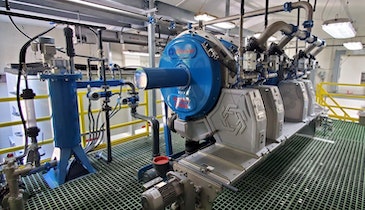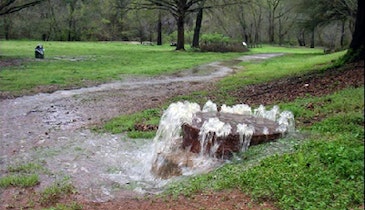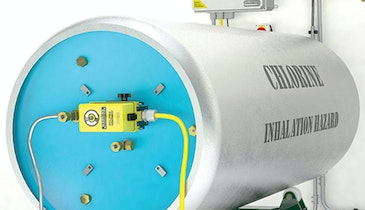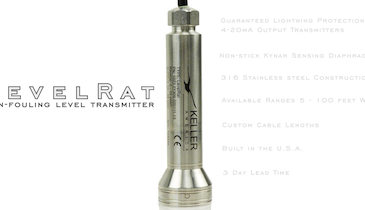Interested in Education/Training?
Get Education/Training articles, news and videos right in your inbox! Sign up now.
Education/Training + Get AlertsThe initials stand for Professional Operator, a credential offered by Water Professionals International, formerly the Association of Boards of Certification. The organization implements water-related certification programs, and that includes licensing exams.
When I first wrote about the PO credential about three years ago, 174 operators had acquired it. As of late May of this year, more than 300 operators held the credential, a nice increase but still only a sliver of the workforce, which numbers well into the tens of thousands in the United States alone. Most likely it’s also a small fraction of the operators skilled enough to earn PO status.
And I wonder: Why do I so rarely see those two initials with the names of all the excellent operators who each year step up to higher levels of licensing and receive awards from national, regional or state associations? Is it because they don’t have the credential? Or do some have it but fail to display it?
What initials mean
A credential after a person’s name has a certain power, even if that credential is not as well recognized as, say, P.E., M.D., or CPA. My previous profession has a credential — APR, for Accredited in Public Relations. You don’t have to go to college for four years to earn it. You do have to study for and pass a rigorous exam, and you’re not likely to pass without also having significant experience and training in the field.
So, APR signifies someone who is serious about the profession, has demonstrated competency, upholds certain standards of performance and subscribes to a set of values and ethics. It sets the credential holder apart in the eyes of a prospective employer or client.
It’s similar with the PO credential. The PO website (www.professionaloperator.org) states, “Becoming a PO means you are proud to be a water professional and that you’ve mastered the elements of your trade.”
Is the license enough?
So, why aren’t more operators lining up to become POs? There could be a number of reasons. For one thing, operators have a lot of responsibility; maybe they can’t find the time to apply and to prepare for and take the exam.
Perhaps their municipality or utility doesn’t see value in the credential and isn’t willing to pay the exam and application fees ($214 in total) or provide time off and reimbursement for travel to an exam site. Or is it that operators and their organization leaders feel state certifications already do enough to recognize expertise and professionalism?
Haley Vanness, certification and events manager with Water Professionals International, offers some thoughts on what generates interest in PO, and what might hold it back. One compelling argument for the credential is that it could help solve what operators known as the reciprocity problem in licensing.
States run their own licensing and certification programs; in many cases a given state won’t recognize a license issued by another state. That makes it difficult for operators to move freely around the country to pursue professional advancement or for other reasons.
“I would say a primary driver is operators interested in being more mobile with their certifications,” Vanness says. “A lot of people want to relocate or move up in their careers. Another factor is that often utilities will pay operators a little extra if they have an additional credential.”
The flip side is that some states remain hesitant to accept the PO for reciprocity, but Vanness sees progress on that front: “I can’t officially say which states will accept it, but we have had good experiences with Washington, New Jersey, Maryland and others.”
Better marketing for the credential also may help spur interest. “We are doing a new branding campaign for it,” Vanness says. “We changed our association name to WPI to be more aligned with the people we serve and what we do. With that came a new visual identity for our organization and for the credential itself.”
What do you think?
So what is your opinion of the PO credential? Are you interested in it? Have you already earned it? If so, how has it helped you? Do you use the “PO” after your name in correspondence or other public forums? Do you feel it adds prestige to you and to the operations professions generally?
Send your thoughts to editor@tpomag.com. I promise to respond, and we’ll publish the comments we receive, or a sampling of them, in a future edition.





